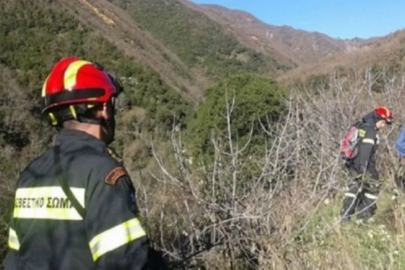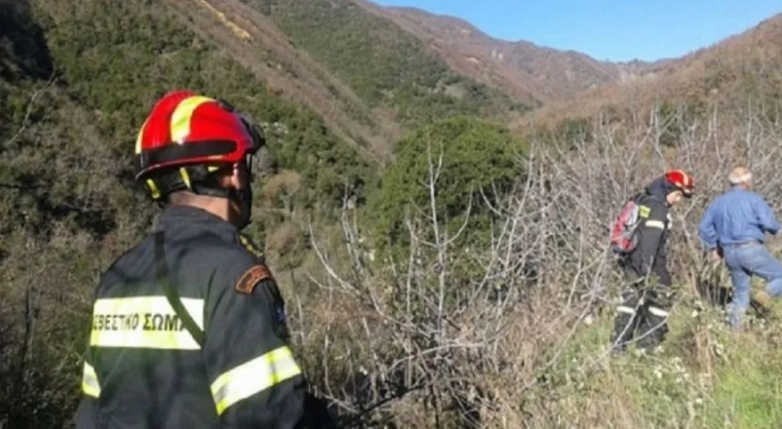Dropping real estate prices as some Greeks desperately want to sell their property to make ends meet signals investment opportunities for foreign buyers. But before rushing to purchase any coveted Greek real estate, here are some tips to keep in mind:
* Know all the characteristics that determine the value of the land. Is the land you are considering to buy free of any type of legal burden or legal dispute? Ensure you know what the actual boundaries are. What about the zone? Make sure it isn’t registered in a forested region or archaeology zone that can be reclaimed by the state or ineligible for a building permit. Does the property’s size on the contract reflect the actual size of the land? Is there a land surveyor’s map available and valid?
* The plot buyer must hire a lawyer for a thorough title search. The lawyer needs to review deeds, titles and plot plans and search the local deed office (since there’s no land registry as yet in the country). The lawyer will advise the client as to whether the land belongs to the person(s) claiming to be the sellers and if any liens are attached. The attorney should also outline some of the risk factors that have to do with uncertainty concerning the title history or whether there is an archaeological or other restriction.
* Apart from a lawyer it is advisable to hire a civil engineer to ensure that the building regulations of the plot are legal and if the owner is allowed to build on the plot or not, and if yes what dimensions, height etc. The civil engineer will tell you how large a structure you can erect and how many floors. Some areas — like islands — require certain architectural styles to be adhered to.
* Oftentimes the developer or seller recommends a lawyer and civil engineer. It is best to work with an independent professional so as to avoid a conflict of interest.
* Meet with neighbors — or people from that region — so as to be aware of possible problems in the area or development plans.
* The buyer won’t be the owner of the property until the purchase deed is registered with the deed office (Ypothikofylakeio, in Greek, yes, a mouthful). Furthermore, the buyer is burdened with notary expenses, taxes, deed registration.




































